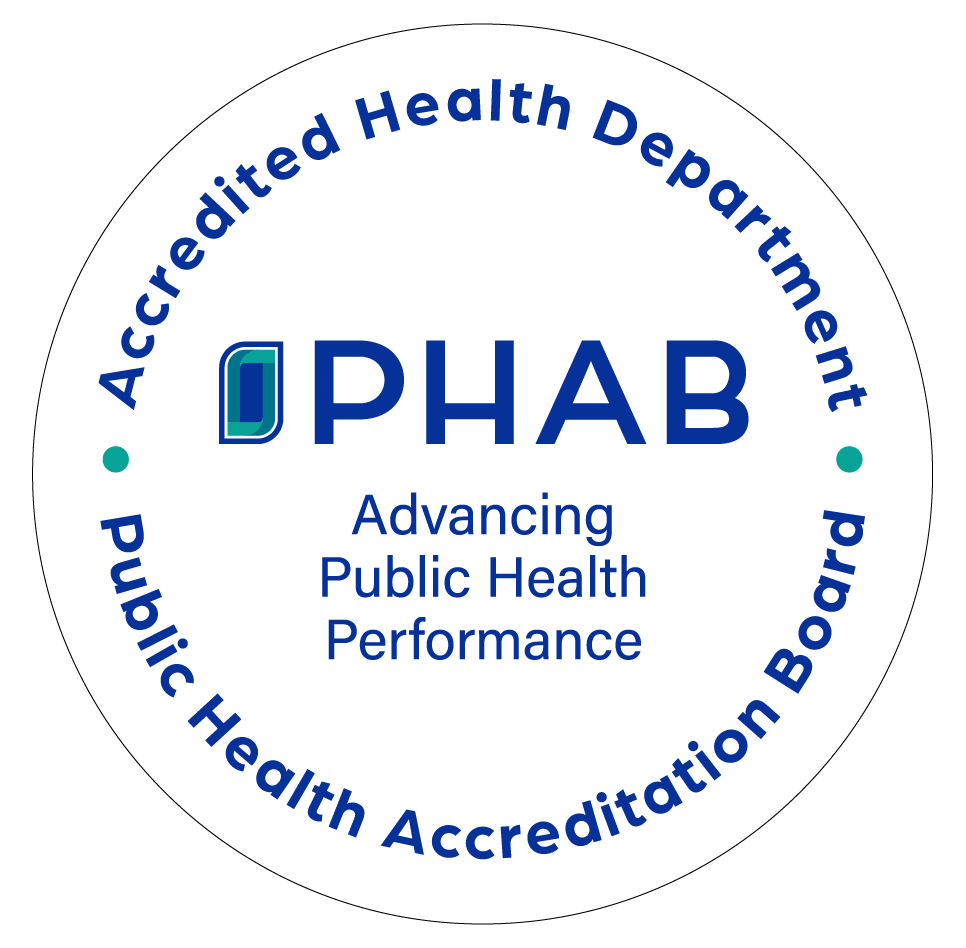What is lead poisoning?
- Lead is a naturally occurring element that can also be found in man-made products. Lead is toxic to humans, especially young children whose bodies absorb more lead than adults.
- Lead poisoning happens when you swallow or breathe in lead, or drink water from lead pipes.
- Children under 6 years old are most at risk as lead poisoning can cause learning disabilities, lowered attention span, hearing loss, and behavior problems.
- A blood lead test is the only way to know if a child has lead poisoning.
How lead poisoning happens
Exposure to lead-based paint is the main source of lead poisoning. Homes built before 1978 can still contain lead-based paint. When children play in areas with worn out or damaged paint, lead dust can get on their hands and toys. This can cause lead poisoning if the child puts these toys or their hands in their mouth.
Lead is also found in:
- Drinking water from lead pipes
- Soil or dirt
- Some foods, spices, and candies made from outside of the United States
- Folk remedies and cosmetics such as kohl, greta, and azarcon
Lead dust created during home remodeling, some jobs or hobbies, or from use of windows and doors are other primary sources of lead in the home. To search for a licensed lead-safe professional to help with any lead abatement or renovation projects, visit the Ohio Department of Health’s lead database.
There is no safe level of lead
- Any amount of lead in the blood can cause negative health effects. Even low blood lead levels can be damaging.
- Parents should talk to their healthcare provider to help determine if their child needs to be tested. Most children with lead poisoning do not show signs and symptoms right away.

